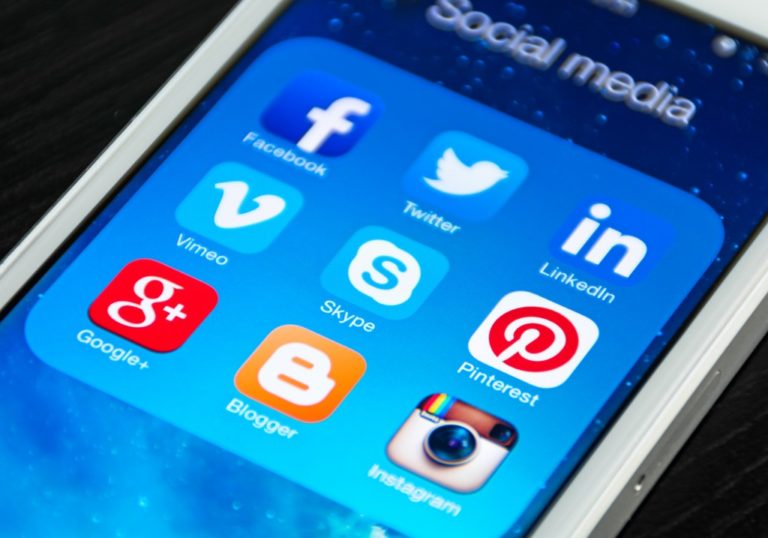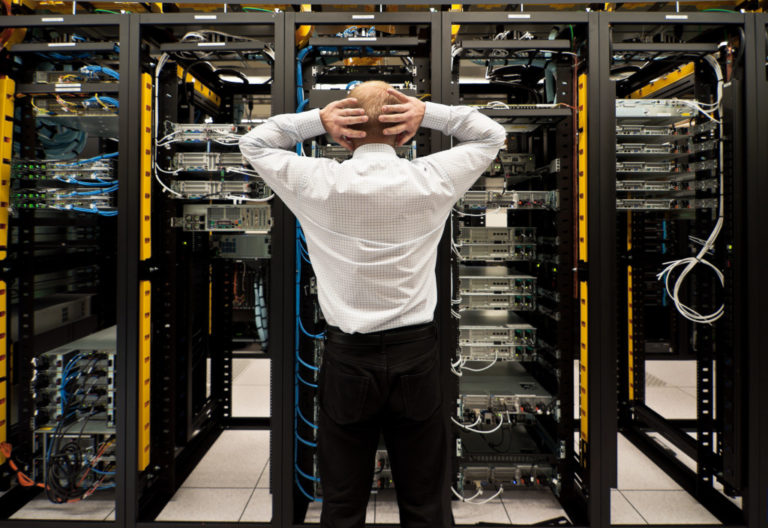We haven’t evolved the same way most species on earth did. We didn’t grow horns or better ways to hunt our prey. As a species, we’ve learned to work with one another, communicate better, and used tools at our disposal. Eventually, we’ve learned to make our tools and use them efficiently. We’ve learned how to teach others to make these tools, and we’ve made civilizations out of it. But now, we have encountered a more dangerous foe. A foe that we cannot see or fully understand. But slowly and surely, we are finding ways to survive.
The COVID-19 virus has been with us for more than a year now, but unlike last year we are finding new ways to combat it instead of just waiting for it to disappear. Technology is being developed every year, various hardware and software that help us against the fight of an invisible enemy.
Robots
Many years ago, robots were just creations of our minds. They were just something out of science-fiction. They were just a figure of our entertainment and can be found in various novels and movies like Star Wars. However, today, they are now part of daily lives. They are helping fight the virus for us, keeping our homes and medical facilities safe from the clutches of the virus.
Robots such as LG’s CLOi are on the front lines sanitizing many nursing homes and hospitals from the virus. Some robots are taking a more hands-on approach and are taking care of patients in hospitals directly. For example, a droid team from UBTech Robotics helps people check their temperature while also offering hand sanitizers. Another example is an automaton made by engineers from the University of Denmark who perform swab tests on people.
The reviews of LG’s CLOi are incredibly positive because not only can it keep various surfaces clean, but it sanitizes them as well. It can neutralize different viruses (not just COVID-19). It can also keep various medical facilities and hospices safe from other diseases and viruses. This is the same for the other robots on this list, who do their jobs phenomenally and almost as efficiently as their human counterparts.
Vaccines
Many vaccines are being distributed across the US and the entire world. These vaccines are made by the technology we have today. Although these vaccines aren’t perfect in any way, they help in reducing the infection rates from the virus. Moreover, effective binding assays such as the Ace2 Assay are produced almost every quarter to increase future vaccines’ strength. These are an effective way to block viruses from attaching themselves to a cell, reducing infection rates drastically from people who have received the vaccine.
Each vaccine has its strengths and weaknesses, but it is clear that they do their main purpose well, making people immune to the virus. Vaccines such as the Johnson and Johnson vaccine have been proven to fight the new variants of COVID-19 effectively.

AI
Artificial intelligence is playing a big role in reducing the workload of many healthcare professionals. This makes the handling of patients with the virus so much easier.
AI has found itself on the front lines of administrative work of hospitals. The technology has also helped doctors make diagnoses for patients. It also helps with scheduling visits and answering frequently answered questions on the internet. Additionally, it helps with organizing various tasks, monitoring patients, and helping with medication administration. There are so many things that AI can do, and this barely scratches the surface.
One of the more prominent AIs in the field of medicine is IBM Watson. IBM Watson is integrated into many hospitals. It is known for its efficiency and ability to diagnose patients. Reviews regarding IBM Watson from healthcare professionals have been overwhelmingly positive.
The AI correctly diagnoses patients, does administrative tasks, and does not need to sleep. It never gets tiring, works 24/7, and never complains about its job. It is handy in many medical settings, especially today when people with the virus overload hospitals.
Using AI to do administrative tasks and cross-diagnosis on patients can make a hospital work more accurately and efficiently. This can help open up more space and cater to people who have the virus. It will also be beneficial for disasters with many accidents.
Here are some technologies that are helping us fight against the virus. Many of the reviews of this technology, including the vaccines, are positive. This shows how effective they are in making our lives better during the pandemic.

















